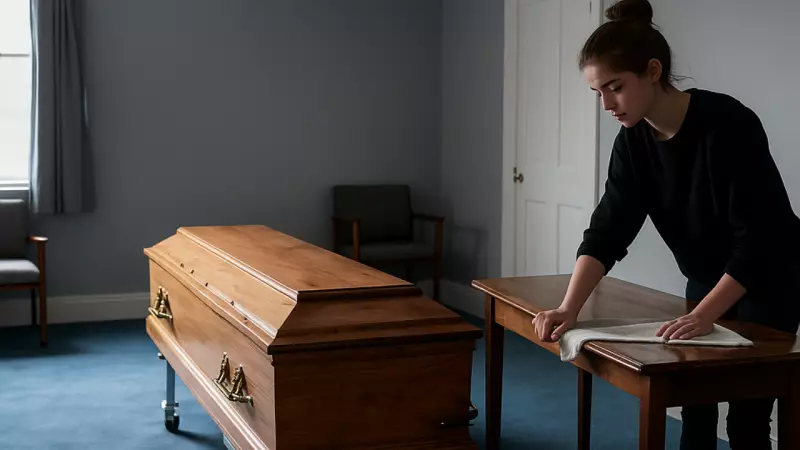
In a nation grappling with one of the world's lowest birth rates and fastest aging populations, South Korea's youth are discovering unexpected career paths in an industry that's experiencing unprecedented growth: death care.
The Silver Tsunami Creates New Opportunities
South Korea's demographic clock is ticking louder than ever. With nearly half the population expected to be over 65 by 2065 and birth rates plummeting to record lows, the country faces what experts call a "demographic time bomb." But where some see crisis, a new generation of young Koreans sees opportunity.
"When I told my parents I wanted to work in the funeral industry, they were shocked," says Kim Ji-hoon, a 28-year-old funeral director in Seoul. "But now they understand it's a stable, respected profession with growing demand."
Beyond Traditional Funeral Services
The death care industry in South Korea has evolved far beyond traditional funeral services. Young entrepreneurs and professionals are bringing innovation to the sector through:
- Digital memorial platforms allowing families to create online tributes
- Eco-friendly burial options appealing to environmentally conscious consumers
- Grief counseling services tailored to different age groups
- Funeral planning apps that simplify arrangements during difficult times
Economic Realities Drive Career Choices
For many young South Koreans, the choice to enter death care is pragmatic. With youth unemployment remaining stubbornly high and competition fierce for traditional corporate jobs, the death care industry offers something rare: job security and growth potential.
"The mathematics are simple," explains Professor Lee Min-ju, a demographics expert at Seoul National University. "More elderly citizens means more funerals, more memorial services, and more demand for end-of-life care. This trend will continue for decades."
Changing Social Perceptions
What was once considered a taboo profession is gradually gaining social acceptance. Television dramas featuring funeral directors and increased media coverage have helped normalize careers in death care. Many young professionals now see it as a meaningful vocation rather than just a job.
"We're helping families during their most difficult moments," says Park Soo-min, a 26-year-old grief counselor. "There's dignity in this work, and younger generations are beginning to recognize that."
The Future of Death Care in Aging Nations
South Korea's experience offers lessons for other rapidly aging societies across Asia and Europe. As populations gray worldwide, the death care industry represents not just a necessary service, but a potential growth sector that can provide stable employment for younger generations.
The quiet transformation happening in South Korea's job market demonstrates how demographic challenges can create unexpected opportunities, proving that even in industries associated with endings, new beginnings are possible.





